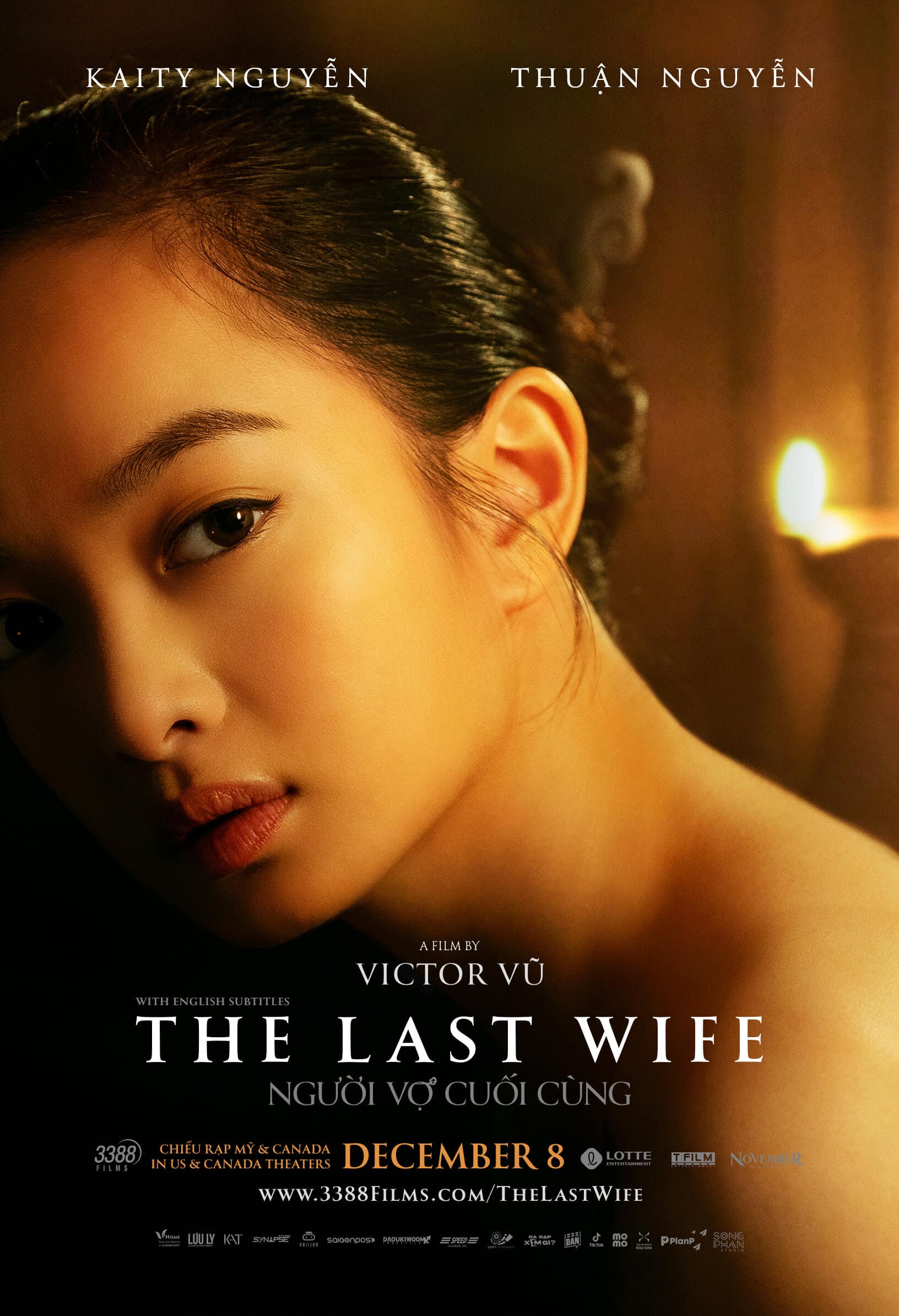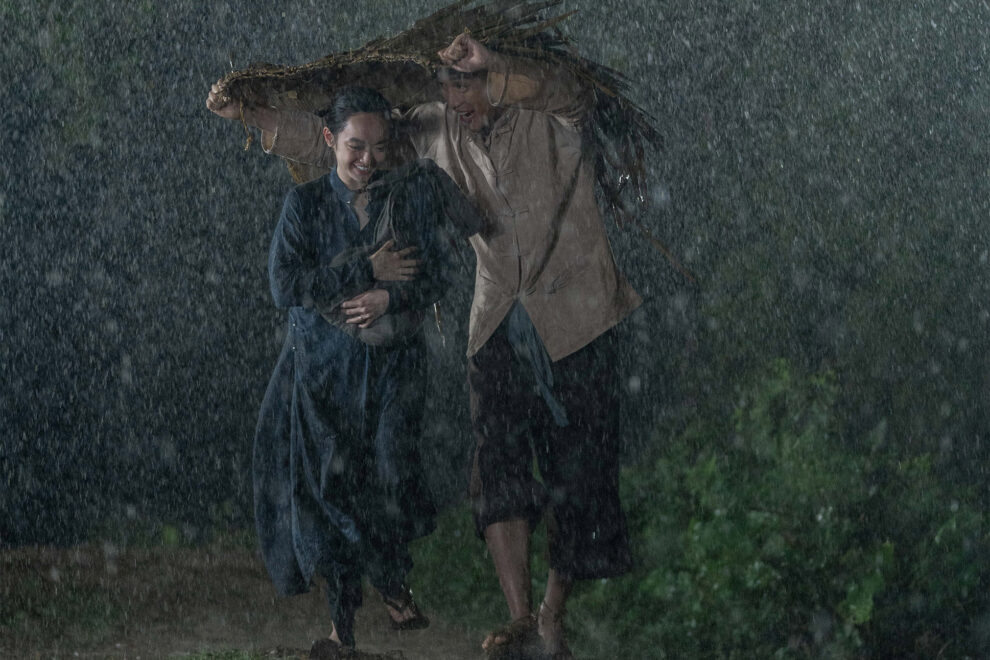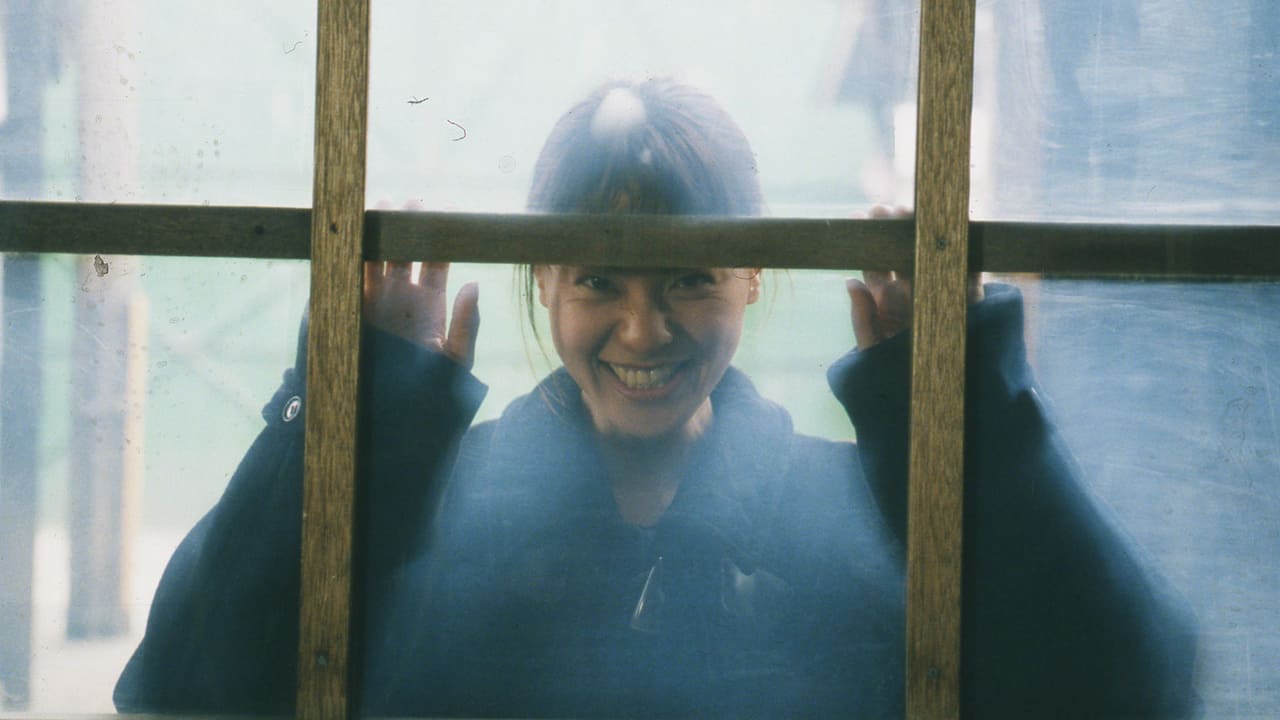Marking 20 years of filmmaking and 17 films to date from critically-acclaimed director Victor Vu, “The Last Wife” dominated the domestic Vietnam box office its debut weekend and is now the 6th Vietnam film this year to join the elite 100-billion-dollar club (films that achieve 100 billion VND at the domestic Vietnam box office, marking top commercial success).
The Last Wife is currently screening in US and Canada cinemas, courtesy of 3388 Films

Inspired by the novel “The Lake of Vengeance (Hồ Oán Hận)” by author Hồng Thái, “The Last Wife” is set in 19th century Vietnam during the Nguyen Dynasty. Linh, a very beautiful young girl who was forced married to the district governor, Quan Đức Trọng, may have given him a daughter, but not the heir neither she, nor the previous two wives have managed to “come up with”. The pressure on everyone involved piles up, while a chance meeting between Linh and her childhood love, Nhan, unravels a string of unexpected events that dramatically changes her life. Soon, and inevitably, violence ensues, and everyone seems to be in danger.
Check also this interview
Despite the fact that “The Last Wife” begins as a kind of a parody of “The Third Wife”, the film soon switches into a drama filled with agonizing moments, something that definitely is towards its benefit. As such, through an approach that remains entertaining throughout the 132 minutes of its duration, Victor Vu manages to make a number of social comments about the lives of people of the era that do echo quite intensely, though, even today. In that fashion, the blights of patriarchy and the concept of the male heir plague essentially all the protagonists, including the Governor, who does emerge as the villain of the story though, due to another central comment here. This one focuses on the discrepancies of society between the haves and the have-nots, with the way the Governor treats his subjects and particularly Nhan's father, as much as his rather corrupt ways, making the particular remark quite evident throughout.
Furthermore, Vu's direction results in an amalgam of different genres that also works quite well for the movie, particularly in entertainment terms. In that fashion, the drama may permeate the narrative but soon the thriller also becomes part of it, as the Governor's bookkeeper, Thầy Đề Thiện Lương, takes up a role at least as sinister as his boss, while the appearance of a government investigator, Thám Tử Kiên, who comes to investigate a murder that takes place eventually, piles up the pressure towards everyone. Additionally, and through the flashbacks that appear throughout the movie, a romantic element deriving from the past and present of Linh and Nhan is also included in the narrative, additionally entailing some erotic moments that further add to the entertainment the movie offers. Lastly, the slight action and violent moments conclude the rather rich amalgam here, which, along with the story, carries the film from beginning to end.
Also of note here are the various dynamics that appear throughout the story. The antagonism between the three wives and their relationship with the governor is the first one, but the impact of the bookkeeper and the investigator, both of which are catalysts to the story, are also quite intriguing to watch. This aspect, as much as the aforementioned ones, benefit the most by the acting, which is on a very high level. Kaity Nguyễn as Linh manages to appear fragile, strong, naive and cunning, while always remaining pleasant to the eye, with equal artistry, in a performance that carries the film acting-wise. Thuận Nguyễn as Nhân is quite convincing as a man in love who cannot hold his temper, while his chemistry with his co-protagonist is excellent. Quang Thắng as the Governor presents a sinister caricature character with gusto, with the same applying to Anh Dũng as his bookkeeper. Quốc Huy as the investigator appears cool and composed at all times, in a performance that occasionally steals the show throughout the movie.
The movie also thrives in terms of visuals. DP Dominic Christopher Pereira manages to highlight the era, both the lives of the poor and the rich with equal artistry, with the claustrophobic scenes of action and the way he implements the use of lighting being the apogee of an overall impressive work. Lastly, a number of scenes that highlight the natural beauty of the country are truly impressive to watch, cementing the prowess of the visuals. Nguyễn Thiên Ân's editing results in a fitting, relatively fast pace, while the flashbacks are well implemented in the story.
Apart from the comedy/parody elements that could have been avoided, “The Last Wife” emerges as a rather entertaining genre movie that also manages to include much context, while visually, it is one of those titles that definitely deserves to be watched on the silver screen.















